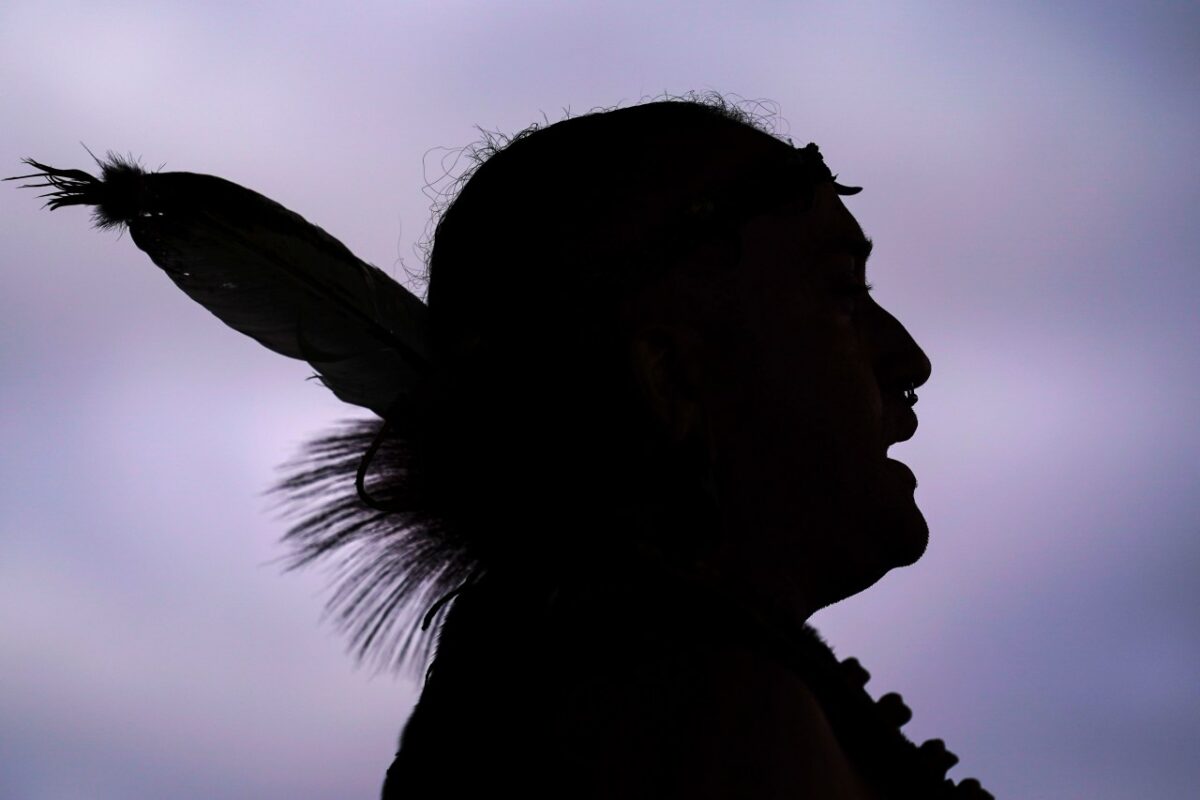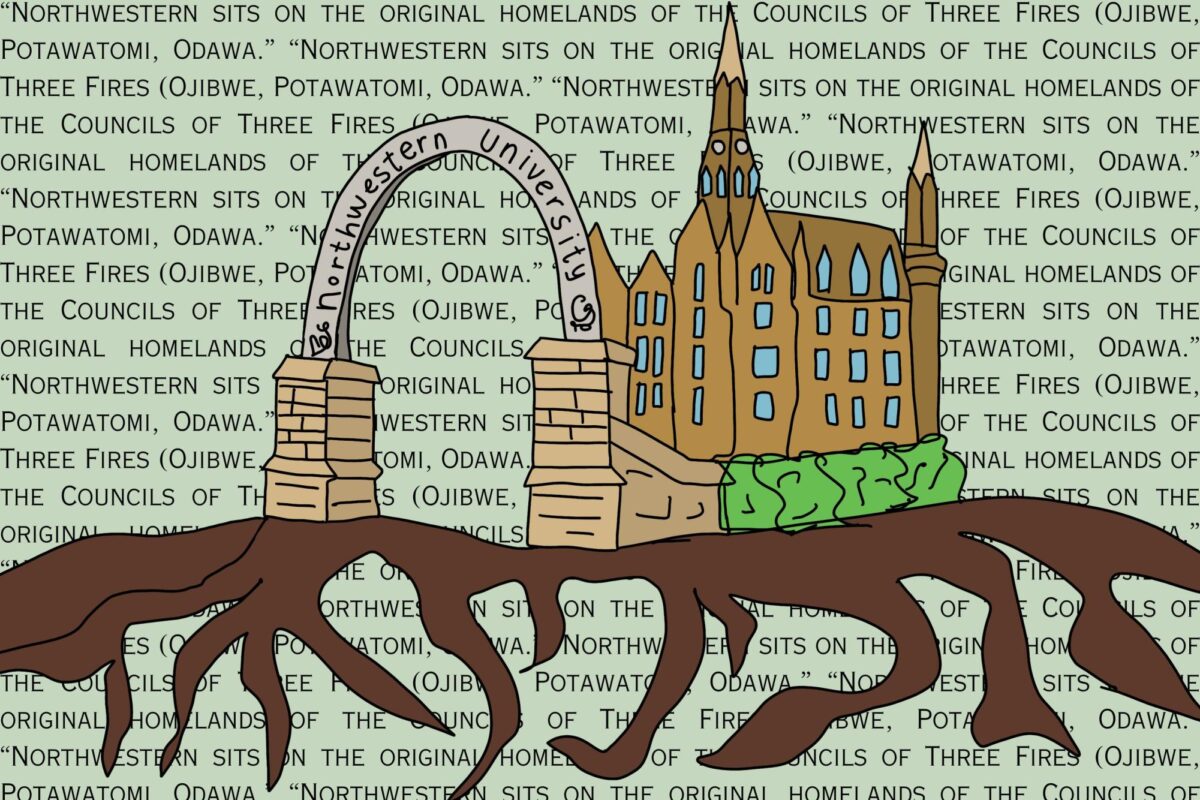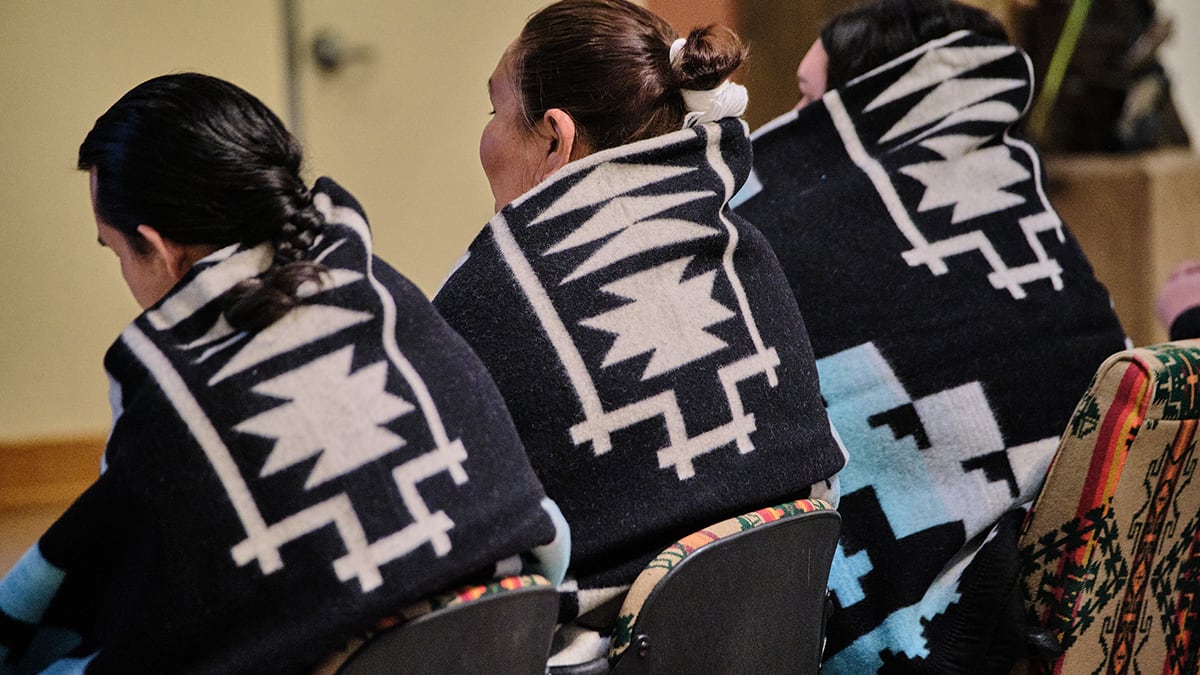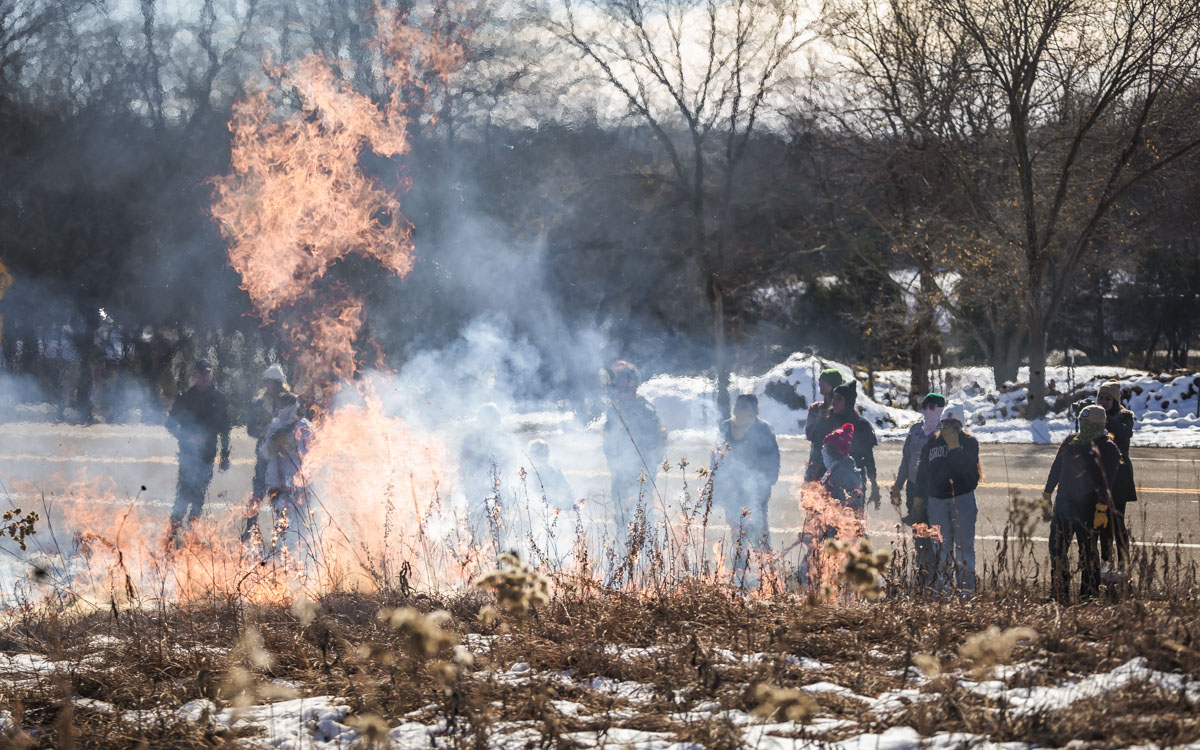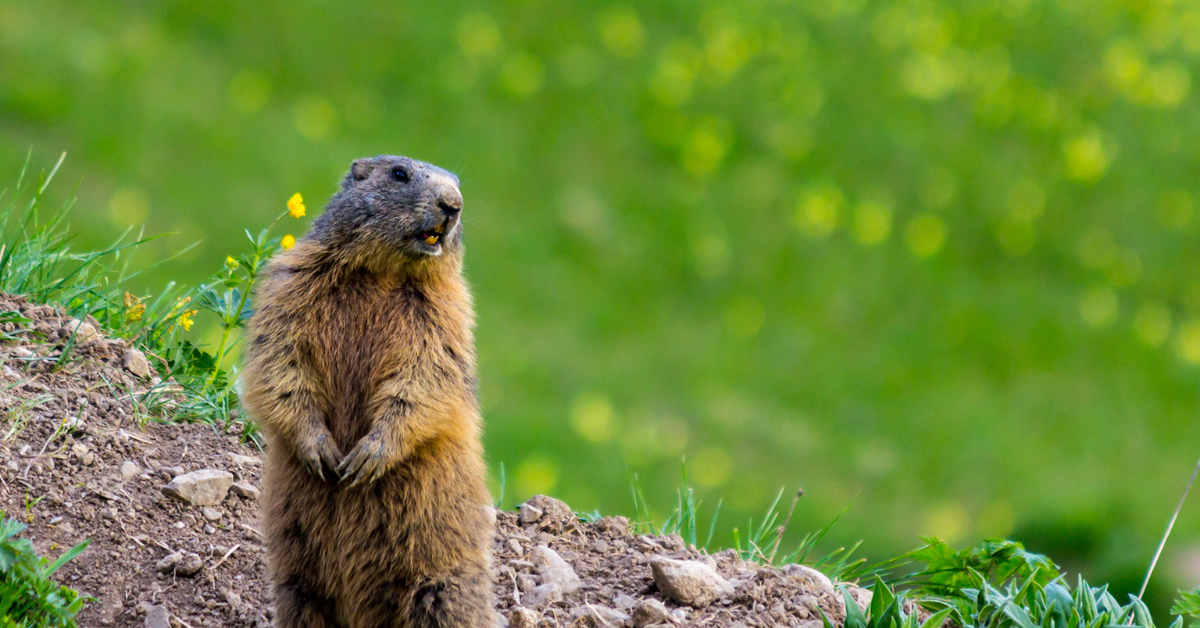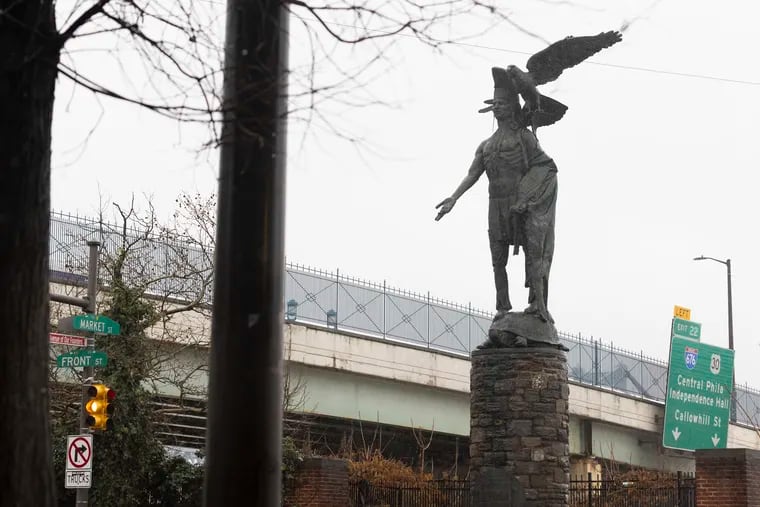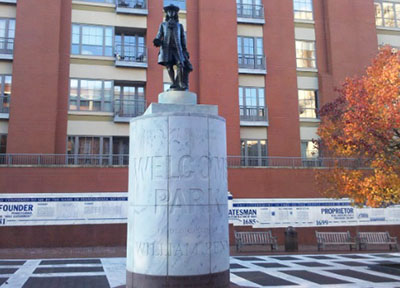LAWRENCE — For the third consecutive year, the University of Kansas will be a host site for the Global Climate Teach-in. This year, events will highlight the research and connections of several campus departments and centers and well as community beyond campus.
Climate panel
Noon April 2
The Educate & Act Series will feature the topic of “Climate Feminism and Inclusive Leadership around Climate Change” with faculty, student and community panelists: Megan Kaminski, professor of English and environmental studies; artist Melissa Hilliard Potter; and post-baccalaureate research education program scholar Vic Secondine, citizen of the Delaware Tribe of Indians and president of the new Indigenous Stewardship Club.
The Educate & Act series is supported by The Commons, the Emily Taylor Center for Women & Gender Equity and the Center for Service Learning. Register online to attend the public event.
Zine Night
6 p.m. April 3
The Emily Taylor Center will host its Zine Night series in conjunction with the Climate Teach-in, centering the topic “Destroy the Patriarchy, Not the Planet.” During this session, participants are encouraged to create a 5.5-by-8.5-inch page exploring the relationship between environmental justice and feminism for inclusion in a comp zine. Free pizza will be served at this public event in the Burge Union, Forum B.
Film screening
7 p.m. April 4
Prairie Hollow Productions will screen its new film, “Hot Times in the Heartland,” at Liberty Hall. The two-hour documentary features leading regional voices in the realm of climate change adaptation. The program has been produced by Dave Kendall, former host of “Sunflower Journeys,” along with Rex Buchanan, director emeritus of the Kansas Geological Survey, and Laura Mead, a local multimedia artist. The film includes Leigh Stearns, professor of geology, and Ward Lyles, associate professor of urban planning. Tickets are free but required for the public event; reserve them online.
Red Hot Research
4…


